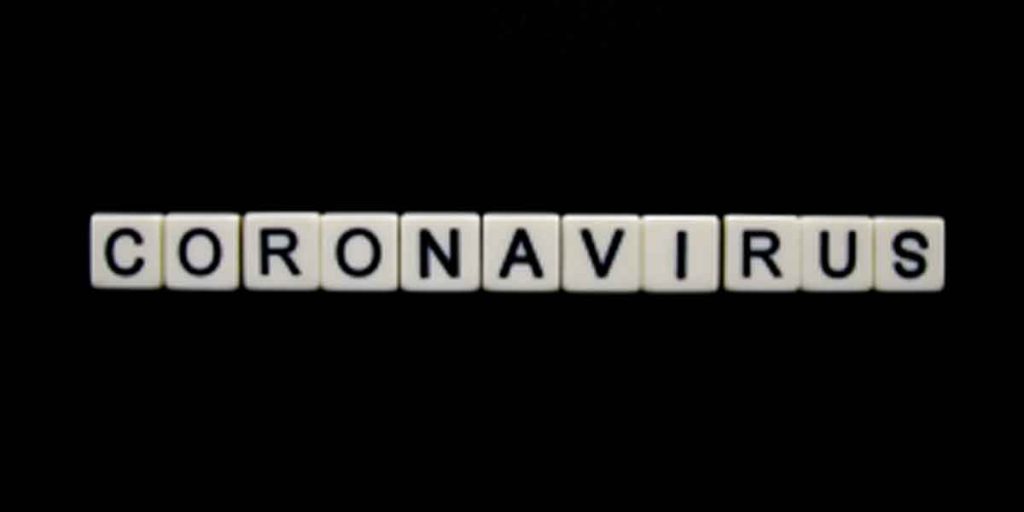Coronavirus has proven to be a major threat to our overall well-being. And with all the trouble it is caused to families, now could be a good time to review your own estate planning needs. It is something that many people may be overlooking, either accidentally or on purpose, as this economic and health crisis plays out. Nevertheless, knowing that your assets are going where you intend them can bring you peace of mind. One of the most fundamental choices you can make as you’re thinking about how to pass your assets on to heirs is whether you hold assets in a revocable trust or more simply give them via a will. Both approaches have advantages, though trusts can provide significantly more benefits.
What is a will?
A will or testament is a legal document that expresses a person’s (testator) wishes as to how their property (estate) is to be distributed after their death and as to which person (executor) is to manage the property until its final distribution. A will directs who should receive property that is in your name only, without a designated beneficiary. Without a last will, property may be distributed by the courts to your next-of-kin, regardless of what your wishes might have been.
Dealing with probate
One of the most cumbersome parts of resolving a will is the probate process. A probate court will appoint an executor to carry out the will and oversee the distribution of assets. This process involves settling the estate with creditors, only after which are assets distributed. Probate is a public process, so predatory creditors may emerge that heirs may be unaware of. This process can take as long as one or two years to complete.
What is a revocable trust?
Revocable trusts, sometimes called living trusts, are being used more often in place of wills to reduce the expenses and delays of probate, since they can be altered, they provide much of the flexibility of a will with the power of a trust.
A trust is a legal structure that provides certain protections for your assets. One of the key benefits of the trust is being able to sidestep the probate process entirely, making it easier on heirs to claim the assets you want them to have. When you create a trust, you name a trustee (typically yourself or jointly with your spouse) whose job is to manage the trust’s affairs. You’ll also name successor trustees who manage the trust when you’re incapacitated or deceased.
Setting up a trust
One downside is that trusts cost more to establish than wills, and they require more legwork. After you set up the legal structure for a trust, you have to retitle any assets you want to be governed by the trust documents. Once inside the revocable trust structure, your assets can skip the probate process and be distributed according to your wishes. Your beneficiaries don’t have to deal with the added legal and court fees or time dealing with probate after you pass, which can add another level of stress during an already difficult time,” says Andrea Woroch, a consumer and money-saving expert.
Estate Planning Guild in the age coronavirus.
It is imperative to have an estate plan in place, especially now during coronavirus
1. A will can be set up faster and cheaper
A will can be set up faster than a trust, making a difference in urgent circumstances. In terms of the coronavirus, a will can be prepared more easily than a trust can be prepared and funded, which requires you to retitle any assets that you want protected by the trust. It may be impossible or at least very difficult to retitle your financial accounts during the coronavirus, especially if you have to go to banks or other institutions in person. And if you can’t move the assets to the trust, you’ve lost all its benefit.
2. A trust is better for an incapacitated person
However, a trust structure offers a key benefit if someone becomes incapacitated due to illness. To that end, trusts are usually accompanied by two other legal documents which are Medical Advance Directive and a Durable Power of Attorney. These documents allow people to make medical decisions on your behalf and manage your finances if you become incapacitated; young people need to be thinking about this and taking it seriously in a way that they typically have not in the past. If you were to become disabled by a complication due to the coronavirus, a revocable trust could be advantageous over a will.
3. Trusts may be cheaper and easier than you think
While consumers may view trusts as something that’s above their means, it may make sense with a lower net worth than you might expect, a trust-based estate plan is typically better suited since it protects your assets. These days you can create a will or trust online in a matter of minutes and right from home for far less.
4. Trusts may be better with backed-up courts
With coronavirus stifling the court system, and therefore probate, the process of settling a will could take much longer than it already requires. So a trust may be a better solution because it allows you to skip probate. Even when the system opens back up, there will be a backlog, While you’re waiting for the courts, who will have the authority over your accounts to pay for immediate items, like the mortgage and funeral costs?
Get Help
If you would like to learn more about estate planning in regards to the Coronavirus, please contact any of our estate planning attorneys today.









